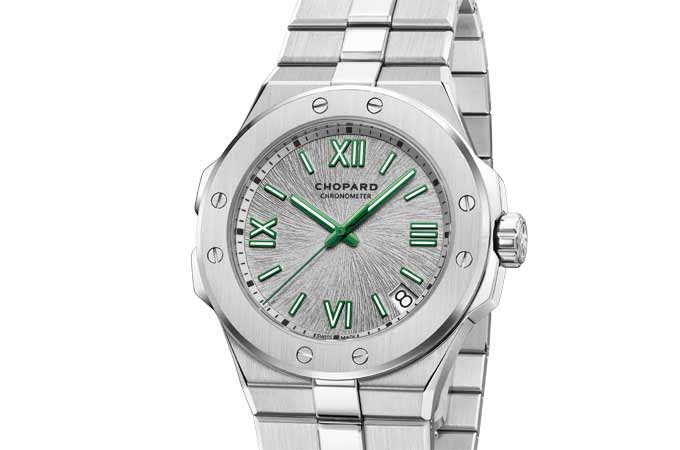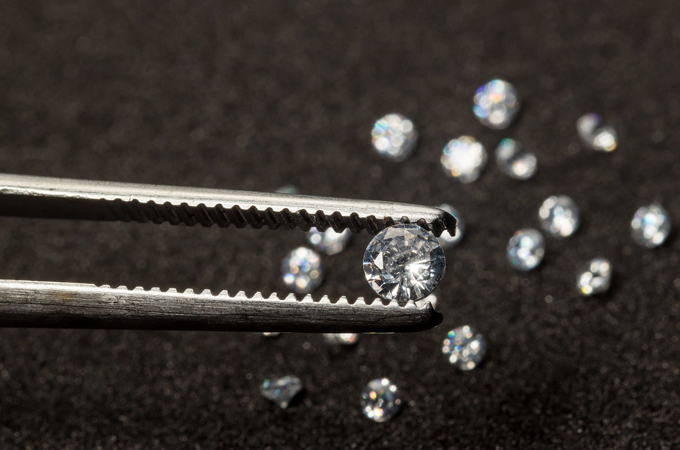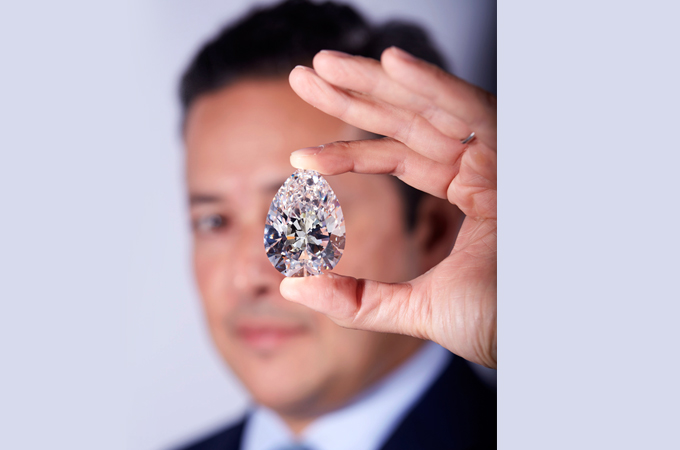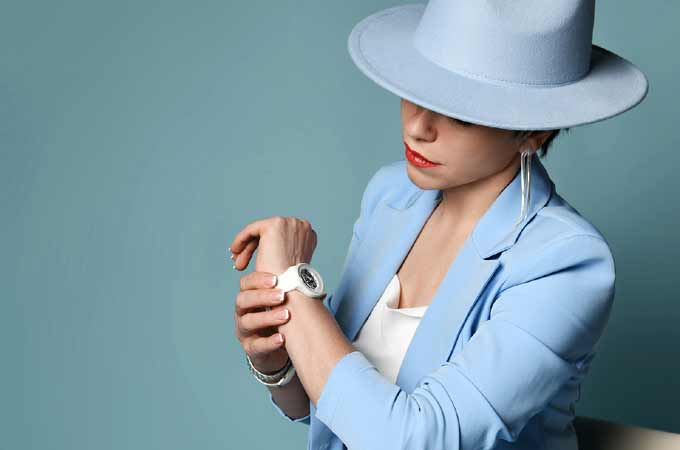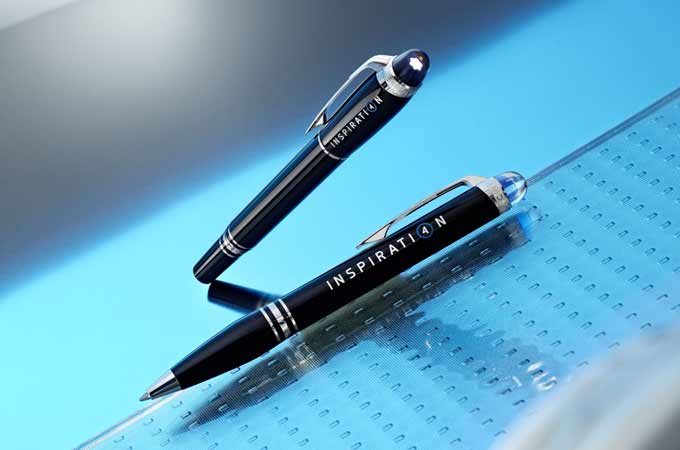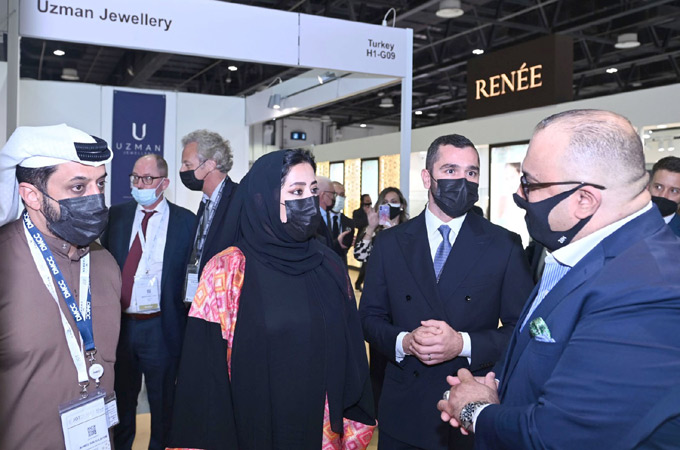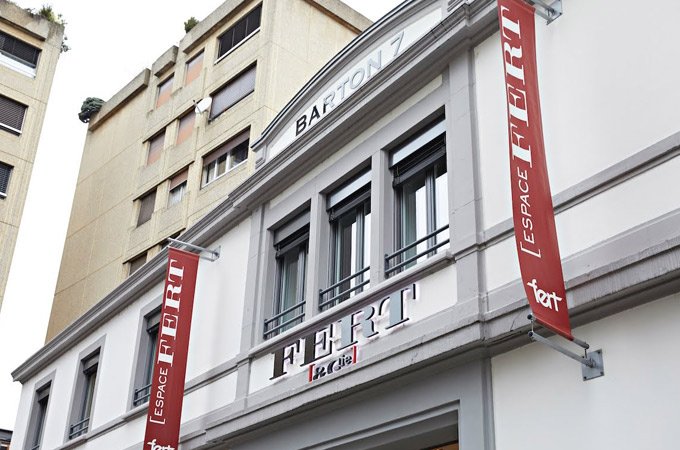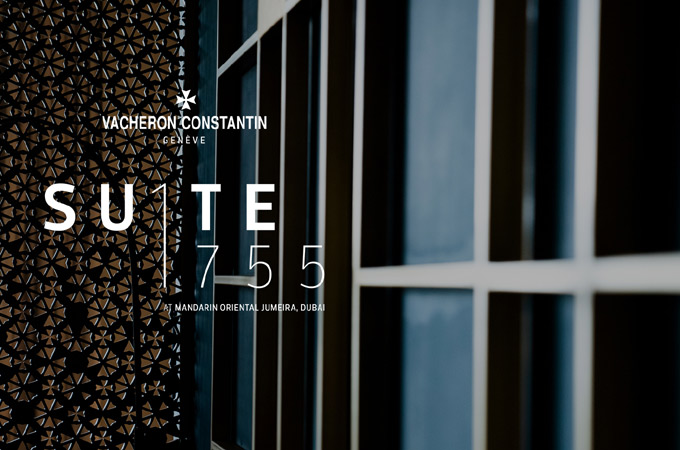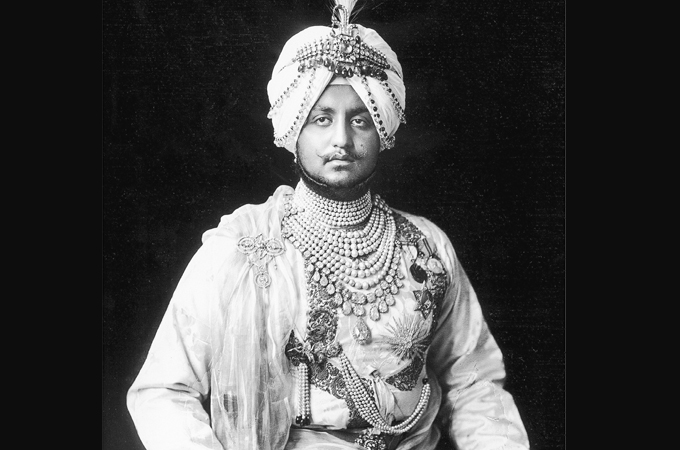Thu, Dec 6, 2018
When it comes to luxury brands, UAE consumers have tried-and-true favourites. However, new findings reveal a reconfigured landscape of consumer bonding in this highly-visible industry.
Amid the luxury category’s average performance in the UAE, Louis Vuitton held its #1 ranking in the industry for the second year running and #16 overall in the UAE in the MBLM’s 2018 Brand Intimacy Report. Louis Vuitton is the only luxury brand to make the top 40 overall list.
Together Louis Vuitton, Hugo Boss, Dior, Chanel, Gucci, Cartier, Burberry, Dolce & Gabbana, Hermes and Prada comprised the top 10 luxury brands among UAE consumers, according to the study.
Perhaps more surprising, two brands radically shifted position. Hugo Boss jumped from a 12th place in 2017 to displace Chanel as #2. Dior jumped from #8 to #3. Among brands studied, it ranked highest in the nostalgia archetype in the luxury category.
“The UAE has a complex relationship with the luxury sector,” stated William Shintani, managing partner at MBLM. “The category’s performance is average in our market, but given the focus on luxury in our daily lives, there are clear opportunities for brands to enhance the strength of their customer bonds and build stronger emotional connections.”
Brand Intimacy is defined as a new paradigm in marketing, leveraging and strengthening the emotional bonds between people and the brands they use and love. The study reveals that top intimate brands deliver superior results related to revenue and profit growth by creating deeper relationships with their consumers.
In this year’s report, the luxury industry ranked seven out of 15 industries surveyed. The most prevalent archetype — the patterns or markers that characterise a brand — was identity, which reflects aspirational images or a consumer’s deeply-held values.
This year’s rankings are the latest findings in eight years of research and analysis related to Brand Intimacy. This year’s UAE Top 10 Most Intimate Brands (overall) demonstrate the growing dominance of technology and telecommunications as well as automotive emerging as the year’s top industry.
Five of the top 10 brands relate to automotive, aligning with the UAE’s car-centric culture. Apple, for the third year in a row, remains in first place and also ranks #1 in MBLM’s Mexico and US findings. As a technology & telecommunications brand, Apple and others in this category are strongly linked to enhancement, making users smarter and more connected.
Lexus rose to a strong #2 position this year, close to Apple’s performance, while Mercedes-Benz also improved. Emirates cracked the top 10, in 6th place, demonstrating its strength in building bonds with customers, particularly those 25-34 years old.
Demographics offer us a lens to see how intimate relationships are impacted by gender, age and income. In the UAE, men and women seem to form intimate brand relationships relatively equally, with 36 percent of women in the survey having some form of intimacy with brands they use, compared to 33 percent men.
Interestingly, 80 percent of the men’s top 5 are in automotive, while women have greater variety in their top picks, with apparel representing two of the top 5.
Other notable findings in the luxury brands industry report include:
• Powerhouse luxury brands Hermes and Michael Kors had a surprising dip in performance, dropping six spots each from #3 to #9 and #6 to #12, respectively.
• Chanel (#4) improved score but not enough to improve or maintain 2017 #2 rank. It scored highest in the Fulfillment, Identity and Enhancement archetypes, and the Bonding stage in the industry.
• Hermes ranks highest in Ritual, where a brand is ingrained into daily actions. While Gucci ranks highest in Indulgence, delivering moments of pampering or gratification.
• Gucci ranks highest for male consumers.
• Overall, the Brand Intimacy Study has revealed that the greater a brand’s intimacy with consumers, the more consumers are willing to pay and the less they are willing to live without the brand.
Methodology
During 2017, MBLM conducted an online quantitative survey among 6,000 consumers in the US (3,000), Mexico (2,000), and the UAE (1,000). Participants were respondents who were screened for age (i.e. 18 to 64 years of age) and annual household income ($35,000 or more) in the US and socioeconomic levels in Mexico and the UAE (A, B, and C socioeconomic levels). Quotas were established to ensure that the sample mirrored census data for age, gender, income/socioeconomic level, and region.
The survey was designed primarily to understand the extent to which consumers have relationships with brands and the strength of those relationships, from fairly detached to highly intimate.
It is important to note that this study provides more than a mere ranking of brand performance and was specifically designed to provide prescriptive guidance to marketers, MBLM said.






